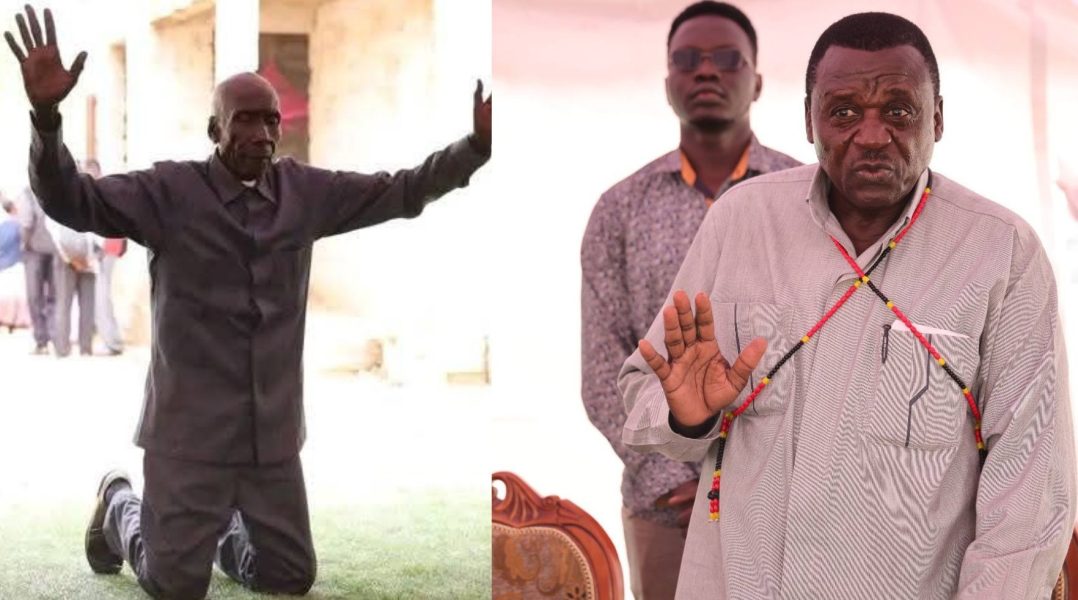
An elder from Wonduruba Administrative Payam dropped to his knees before Central Equatoria State Governor Rabi Mujung Emmanuel, pleading for an end to the years of violence and instability that have devastated their community.
The act, which unfolded over the weekend during a meeting between Wonduruba residents and state leadership, reflected the deep frustration and desperation of a long-suffering population.
For years, the area has endured relentless insecurity, forcing families to abandon their homes, farms, and livelihoods.
It was a rare face-to-face opportunity, and the community did not hold back. Led by Paramount Chief Noel Laila, the delegation laid bare the painful realities of life in Wonduruba and urged the governor to act swiftly.
“We want the guns to go silent,” said Chief Laila. “Only then can our people return to their farms and rebuild what they have lost.”
Agriculture, once the economic lifeline of Wonduruba, has been crippled by armed violence. Continued insecurity has displaced countless residents, pushing them deeper into poverty and dependence.
“People are tired of running and burying their loved ones,” the kneeling elder told the governor, his voice trembling. “We don’t want to live in fear anymore.”
Governor Mujung responded by acknowledging the suffering and pledged to prioritize peace and stability.
“We are working tirelessly to restore peace, not just in Wonduruba, but across Central Equatoria and the country,” he said.
However, similar promises have echoed from leaders across South Sudan for years, often with little to show. Communities like Wonduruba have grown weary of repeated assurances that rarely translate into real change.
This encounter is a stark reminder of the broader crisis facing South Sudan, where insecurity continues to uproot lives, stall development, and weaken public trust in leadership.
For the people of Wonduruba, their hope now rests in the possibility that this emotional plea will finally move the system toward meaningful action.

